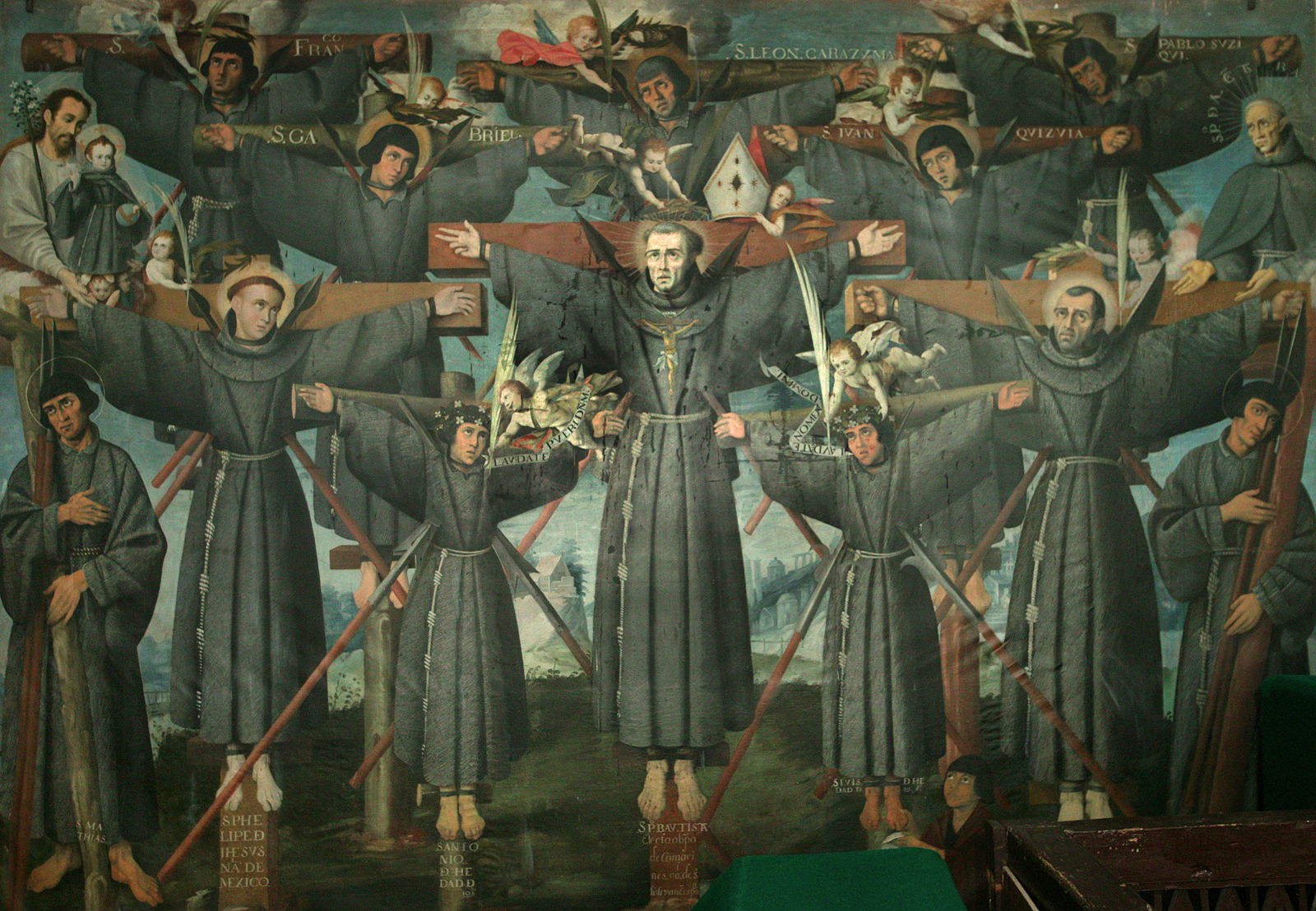
Apocalypse:Meaning and etymology
Apocalypse, from Greek ‘apokalypsis’ (unveiling), refers to a prophetic revelation and is often linked with world-ending events.
But you don't know it

Philosophy originates from Greek word Φιλοσοφία (Philosophia). The Greek word etymology is philos (Φίλος means friend) + sophia(Σοφία – means wisdom). So the friend of wisdom is a philosopher. So everybody who seeks wisdom is a philosopher.

Apocalypse, from Greek ‘apokalypsis’ (unveiling), refers to a prophetic revelation and is often linked with world-ending events.

Paradox, from Greek ‘para’ (against) and ‘doxa’ (opinion), denotes a statement that defies conventional logic.

Hyperbole, from Greek ‘hyper’ (over) and ‘bole’ (throw), refers to exaggerated statements for dramatic effect.

From Greek ‘monos’ (alone) and ‘polein’ (to sell), Thales of Miletus exemplified ‘monopoly’ by cornering the olive press market.

Martyr,’ from Greek ‘martyras’ meaning ‘witness,’ evolved to denote one who suffers or dies for their faith or cause.”

In summary, the term “stoic” originates from the Greek “stoikos,” related to the location where the Stoic philosophy was taught, and has evolved to describe a person who displays endurance and calmness in adversity, reflecting the teachings of Stoic philosophy.

“Apathy” derives from the Greek word “ἀπάθεια” (apatheia), which is formed by combining the prefix “ἀ-” (a-) meaning “without” and “πάθος” (pathos) meaning “feeling” or “suffering.”
In Greek, “ἀπάθεια” (apatheia) literally translates to “without feeling” or “without suffering.”

The word “holistic” comes from the Greek word “holos,” which means “whole” or “complete.” The concept of holism, or the idea that things should be viewed as a whole rather than as a sum of parts, has been present in various forms throughout history. In the early 20th century, the[…]

Discover the origin of ‘melancholic’ from ancient Greek medicine and its definition as a deep and prolonged sadness, often associated with introspection and nostalgia.

“Idealism: philosophy emphasizing ideas shaping reality. Originating in German “Idealismus,” influential thinkers include Plato, Kant, and Nietzsche.”